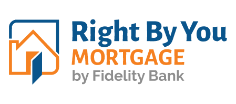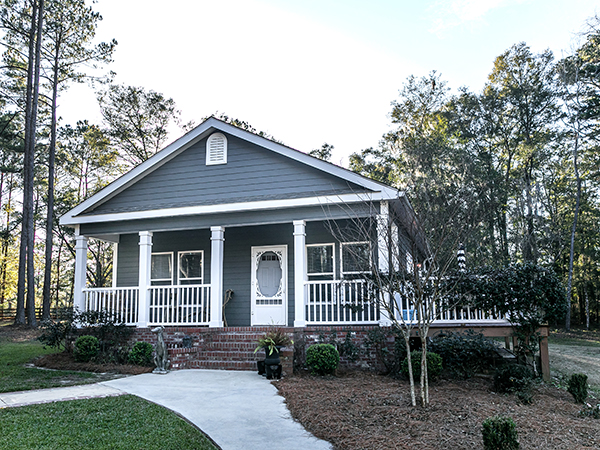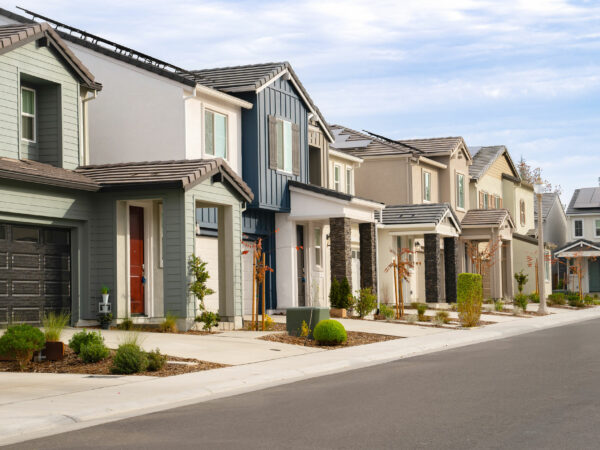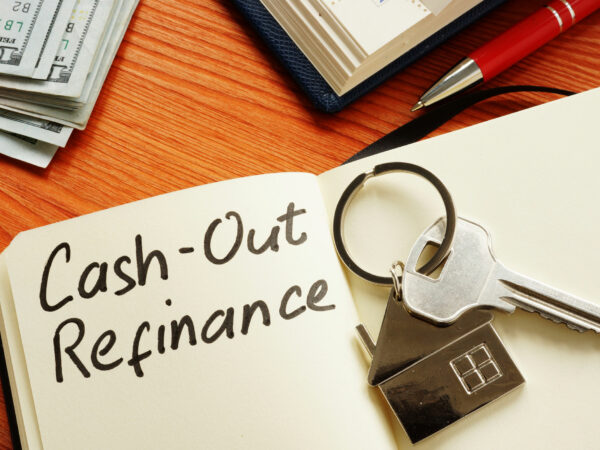Want to buy a home, but worried about rising home prices? Fortunately, there are plenty of alternatives in the housing market—and they include prefabricated homes, such as manufactured and modular houses.
Both options can cost significantly less than the typical preexisting or newly constructed home. They can also take less time to build and leave a smaller environmental footprint. However, there’s often confusion about these types of homes and what it takes to finance them. So, let’s clear the air.
What is a Manufactured Home?
A manufactured home is a prefabricated residence built under federal standards set by the U.S. Department of Housing and Urban Development (HUD). Unlike traditional homes that are built from the ground up, manufactured homes are constructed in a factory and placed on either a temporary foundation or a more permanent one.
The term “manufactured home” is often associated with mobile homes or trailer homes, but modern manufactured homes have evolved significantly in recent decades. Today’s versions offer a range of floor plans and modern amenities similar to site-built homes, such as granite countertops and hardwood floors, yet are often priced at a fraction of the cost of a traditional home. Manufactured homes are particularly popular in rural or less densely populated areas, where traditional construction might not be feasible or cost-effective.
What is a Modular Home?
Like manufactured homes, a modular home is built in sections at a factory, but the difference generally ends there. Like a traditional home, a modular home is assembled on a permanent foundation. Each section of the home is transported to the site and pieced together, often using cranes, which allows for a quicker build time compared to on-site constructed homes. However, modular homes must still adhere to the same local, state, and regional building codes that apply in a particular area.
Modular homes also typically offer more flexibility in design and layout, allowing homeowners to customize their home much like they would with a new site-built house. Even though they are built in a factory, modular homes are designed to blend seamlessly into any neighborhood, which often makes them difficult to distinguish from homes built entirely on-site.
What Are My Financing Options?
Due to their different classifications, manufactured homes and modular homes also differ in terms of financing options. When a manufactured home is classified as personal property, the financing options can be more limited. However, if the home is permanently affixed to a piece of land, it may qualify for more traditional financing options such as FHA loans, which feature low down payment and less stringent credit requirements.
Modular homes, on the other hand, are generally financed much like traditional site-built homes because they are considered real property. This means buyers have access to a broader array of mortgage products, including FHA loans, VA loans (if they are active or retired military), and conventional mortgages. Another option for modular homes is a construction loan, which finances the building of the home before being converted into a standard mortgage.
The Bottom Line
If you’re looking for a more affordable path toward homeownership, manufactured homes and modular homes are fantastic options. And while navigating the mortgage process for these properties may seem complex, it doesn’t have to be overwhelming.
Regardless of which type of home you choose, Right By You Mortgage offers a comprehensive array of home financing options designed to support your goals. For manufactured homes, we provide flexible and affordable loan options that include conventional, FHA, VA, and USDA loans to make homeownership both accessible and financially manageable. If you’re considering a modular home, our wide range of conventional and government-backed loans can help turn your dream into a reality. And, we’ll be there to guide you through each step of the financing process.
Want to learn more? Find a local loan officer near you or email us at inquiries@rightbyyoumortgage.com to get started.









